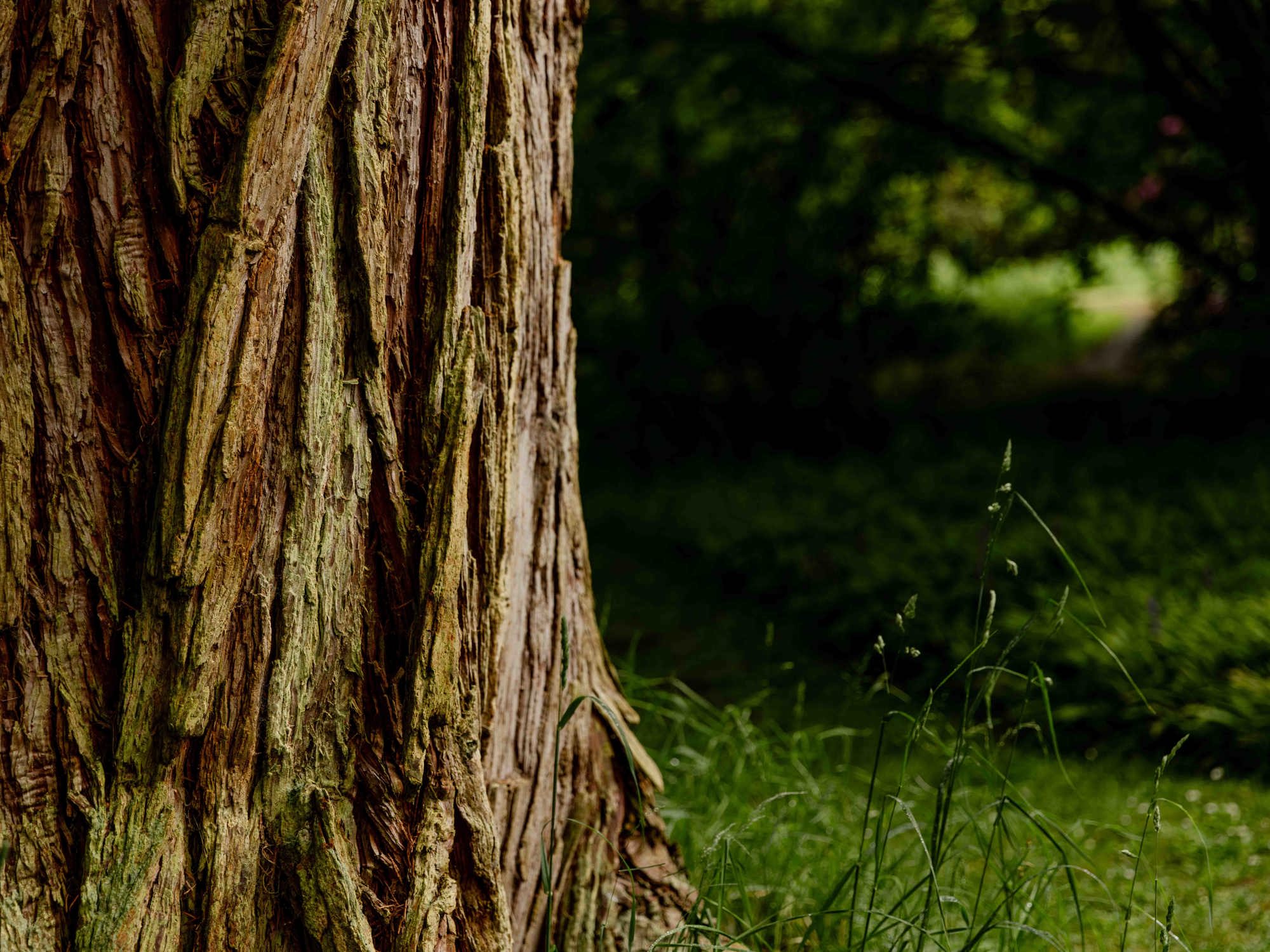Half-a-century after Dutch elm disease started to wreak havoc in tree populations across Britain, an innovative and surprisingly simple community initiative is combining with cutting-edge science to bring new light to one of our most notorious plant pathogens. Members of the public are being invited to play their part along with conservationists from Borders Forest Trust (BFT) and scientists at the Royal Botanic Garden Edinburgh (RBGE) to solve riddles regarding genetics and species resilience to the devastating disease.
While millions of trees have been lost to the impact of the fungus Ophiostoma novo-ulmi, which is spread by the elm bark beetle, current surveys* indicate a notable number of elms are presenting signs of resilience. Together, BFT, the charity established to restore native woodland habitats in Southern Scotland, and research scientists at RBGE are appealing for help from members of the public to gather new data. Contributions from the exercise will also be channelled into one of the most expansive science initiatives of all time, the Darwin Tree of Life (DToL) project to sequence the genomes of all 70,000 species of eukaryotic organisms in Britain and Ireland.
As a starting point, people are being asked to report mature wych elms seen anywhere in the Scottish Borders. The methodology is simple: if you hug an elm and cannot link your hands around the trunk, then it is a mature tree old enough to have been around and open to infection in the 1980s and is quite a rarity.
Dr Max Coleman at RBGE explained: “Identifying surviving trees could hold the key to recovery, the more survivors we can find the greater the range of genetic diversity we can conserve in new plantings. These trees are important because they have weathered the storm of disease that killed tens of millions of elms and they are potentially resilient in ways we do not yet fully understand. Once we have found as many survivors as we can, genetic studies could show how they differ from trees that proved to be vulnerable. As part of the Darwin Tree of Life project, we are working towards sequencing the entire genome of wych elm, and this could help unlock genetic secrets.”
Enter stage left an unexpected hero in the storyline, a tree probably about 200 years old, with an impressive girth of 4.3m, nicknamed by Max Coleman, the “Jedburgh Giant” it stands beside the bandstand opposite the town’s ruined abbey and is set to play its part in science.
“Before the disease arrived in the Scottish Borders, around 1980, there would have been wych elms in abundance in the valley of the Jed Water, which flows past the town,” he added. “Today almost all the big elms are gone, killed by the fungal disease accidentally introduced to Britain on infected timber and spread by an otherwise harmless bark beetle.
“The Jedburgh Giant deserves attention. It, and other survivors, could hold the key to the recovery of the native elm in the Scottish Borders and beyond. The good news just in is the confirmation this tree is on Scottish Borders Council land and we have permission to take a sample for DNA analysis, as part of our Darwin Tree of Life work. We aim to undertake sampling on June 16.”
It could be the start of a new chapter for the species: “Native elms have been disappearing from the Scottish Borders since the 1980s,” said Charles Dundas, Chief Executive of BFT. “One day we hope to be able to find suitable sites across the Borders to plant potentially resilient wych elms grown on from cuttings taken from locally surviving trees. These new clusters of trees could grow and start to spread their seeds naturally in the future, leading to viable future populations of elm. So please keep your eyes peeled when you are out and about for the survivor elms we will need to start the recovery. A guide to identifying wych elm trees and a submission form is available now on our website.”
Dr Aline Finger, a conservation geneticist at RBGE concluded: “A major milestone on the way to understanding why so few elms survive will be pinpointing genetic variants that are linked to resilience. This is an exciting period for the application of genetic methods in plant science. Advances in recent years have started to transform our understanding of our flora and are opening-up new potential for the understanding of our environment and its resilience to disease. This seemingly small project in the Scottish Borders could one day be seen as playing a crucial role in providing answers to deep-rooted questions. At a time when 40 per cent of all known plants are endangered in their natural habitats, advancements in knowledge cannot come quickly enough.”
ENDS
For further information, interviews, or images, please respond to this email or contact Shauna Hay on 07824 529 028 or Caitlin Paterson on 07958 510 634
EDITOR’S NOTES
*Propagating healthy mature elms that have survived in areas severely impacted by Dutch elm disease: a scoping study for a wych elm project in Scotland, Royal Botanic Garden Edinburgh March 2022
Darwin Tree of Life Darwin Tree of Life – Reading the genomes of all life: a new platform for understanding our biodiversity
The Royal Botanic Garden Edinburgh (RBGE) is a leading international research organisation delivering knowledge, education and plant conservation action around the world. In Scotland its four Gardens at Edinburgh, Benmore, Dawyck and Logan attract more than a million visitors each year. It operates as a Non-Departmental Public Body established under the National Heritage (Scotland) Act 1985, principally funded by the Scottish Government. It is also a registered charity, managed by a Board of Trustees appointed by Ministers. Its mission is “To explore, conserve and explain the world of plants for a better future.”

